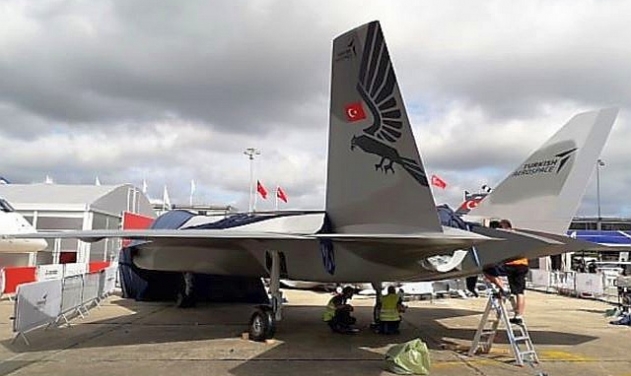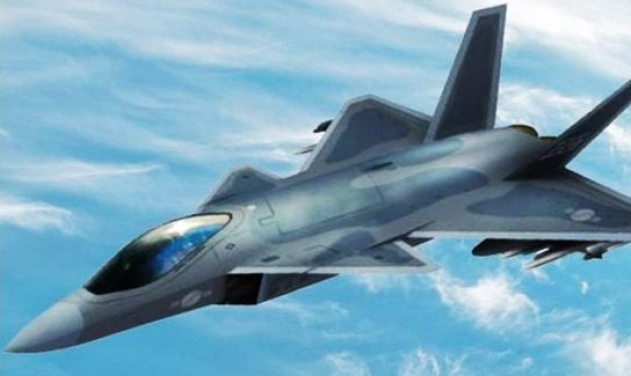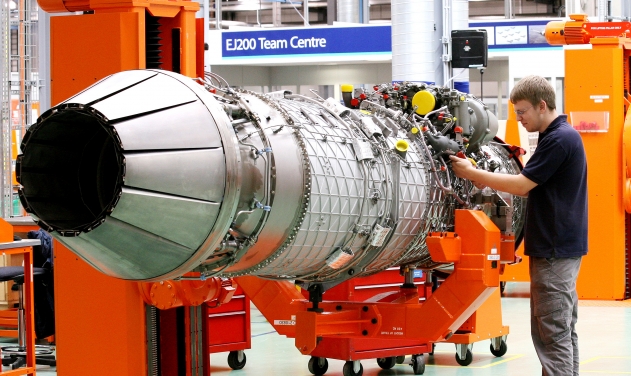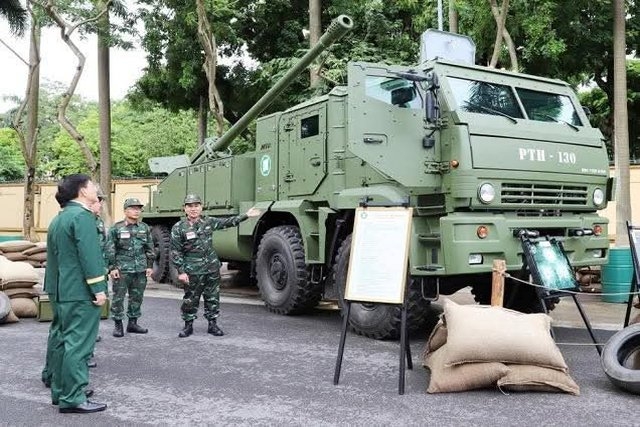Turkey to setup first Lightning Testing Center to aid Indigenous Fighter Development
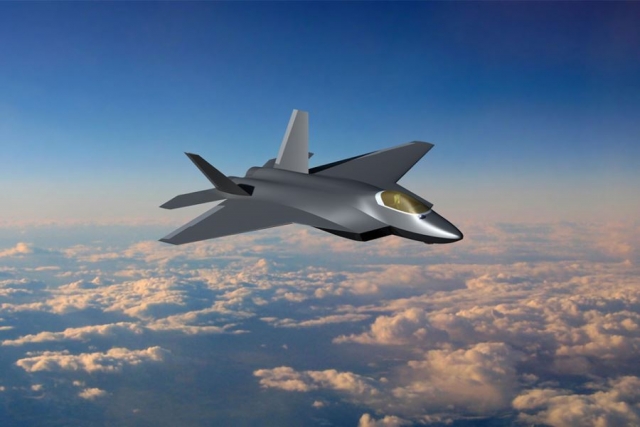
Turkey plans to establish a center to facilitate the testing of aircraft against the effects of lightning, within the scope of its project to develop the fifth-generation TF-X National Combat Aircraft (MMU).
Ankara appears to be accelerating its indigenous fighter development following its ousting from the F-35 program over S-400 row. A few days ago, Turkish President Recep Tayyip Erdogan commented that building the TF-X “is the best response to those threatening to end Turkey’s involvement in the F-35 program.”
"I hope our warplane, which will use domestic resources at every stage of design and production, will fly out of the hangar in 2023," Erdogan said.
The TF-X stealth jet is expected to make a maiden flight using a domestic engine in 2029. The aircraft will replace the Turkish Air Forces Command's F-16 fighters, ahead of the gradual phasing out of the latter throughout the 2030s.
The Lightning Testing Center will be established within the scope of a protocol signed between Turkish Aerospace Industries (TAI) and Hızal Ltd. Co., a contractor firm of the Defense and Aviation Cluster (OSSA) of the Middle East Industry and Trade Center (OSTİM), Daily Sabah reported on Wednesday.
The facility is set to have test devices capable of producing impact voltages from 1,000 to 1 million volts, enabling the testing of all types of aircraft, subsystems, components and materials.
The planned testing facility will include a high-voltage lightning direct effects test laboratory, high-voltage lightning indirect effects fest laboratory, high current and fuel system tests, control rooms for test measurement systems, workshops and support units and personnel areas, and will be used to train expert staff and engineers and technicians in the related energy fields.
The tests carried out at the center will reduce costs and shorten the time for testing processes that were previously carried out abroad, the report said.
